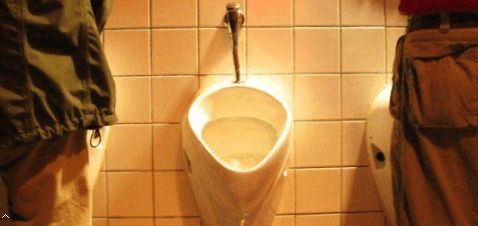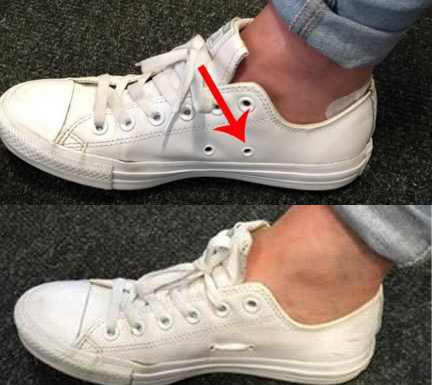Using math to choose the best urinal in the men’s room. You have all been to public toilets. There was a row of urinals in front of you, and thankfully no one came in but you. You chose the cleanest urinal, and then you heard the door open and someone came in.

Your first reaction is, don’t choose the one next to me. He started walking towards the urinal. Stop it, your heart is calling. He walked closer to you. Don’t do this, don’t…
Most men have experienced some degree of social anxiety in public restrooms. We have an innate sense of personal space and want to distance ourselves from strangers. We freeze when someone comes into our personal space.
A 1976 study demonstrated this. Researchers found that the closer they stood to unsuspecting participants in the men’s restroom, the longer it took them to start urinating. The methods used by the researchers are quite gruesome. An observer sits in a closed restroom next to a urinal and looks out of a periscope hidden in the floor.
The study reads: “There was a distance of 28 centimeters between the floor and the wall of the restroom next to the urinal. Through the periscope, observers could see the participant’s lower torso and possibly see the spray of urine.” I guess if the participants knew they were being observed like this, they would run away immediately.
The study authors hypothesized that invading personal space could trigger social fears in people, causing their muscles to tense up. People need to relax the sphincter muscles around the urethra when they pee. If there are too many people around or we are too anxious, our sphincter muscles cannot relax and we cannot urinate. About 20 million Americans suffer from bladder shyness, which prevents them from urinating in public.
The British Bladder Shyness Trust believes that this condition has an evolutionary basis: animals such as deer will freeze when they sense danger to reduce their presence; they cannot urinate because the sound and smell of water flow will cause urination. Come to the attention of predators. This also applies to public events — like baseball games and movies. Men with bladder shyness can have a tougher time because urinals are not designed with privacy in mind.
In 2010, researchers from Carleton University in Canada and Wesleyan University in the United States published a paper describing the use of mathematical optimization strategies to select urinals.
The introduction to their paper is as follows: A man walked into the men’s room and found N empty urinals. Which urinal should he choose to minimize the chance that the urinal next to him will be occupied?
The key is when urinals in men’s public restrooms reach a “saturation point,” a situation where every two adjacent urinals are occupied and incoming people are forced to stand next to someone. If there are 5 urinals in the men’s restroom, and you’re the first one to walk in, you’d better choose the odd-numbered urinal. If you choose an even-numbered urinal, there will be one less occupied urinal in the public toilet, increasing the chance of someone standing next to you.
The researchers tested a series of hypothetical scenarios – What if the next person who came in always chose the urinal next to the door because they were too lazy? What if people ignore random selection of personal space and so on.




